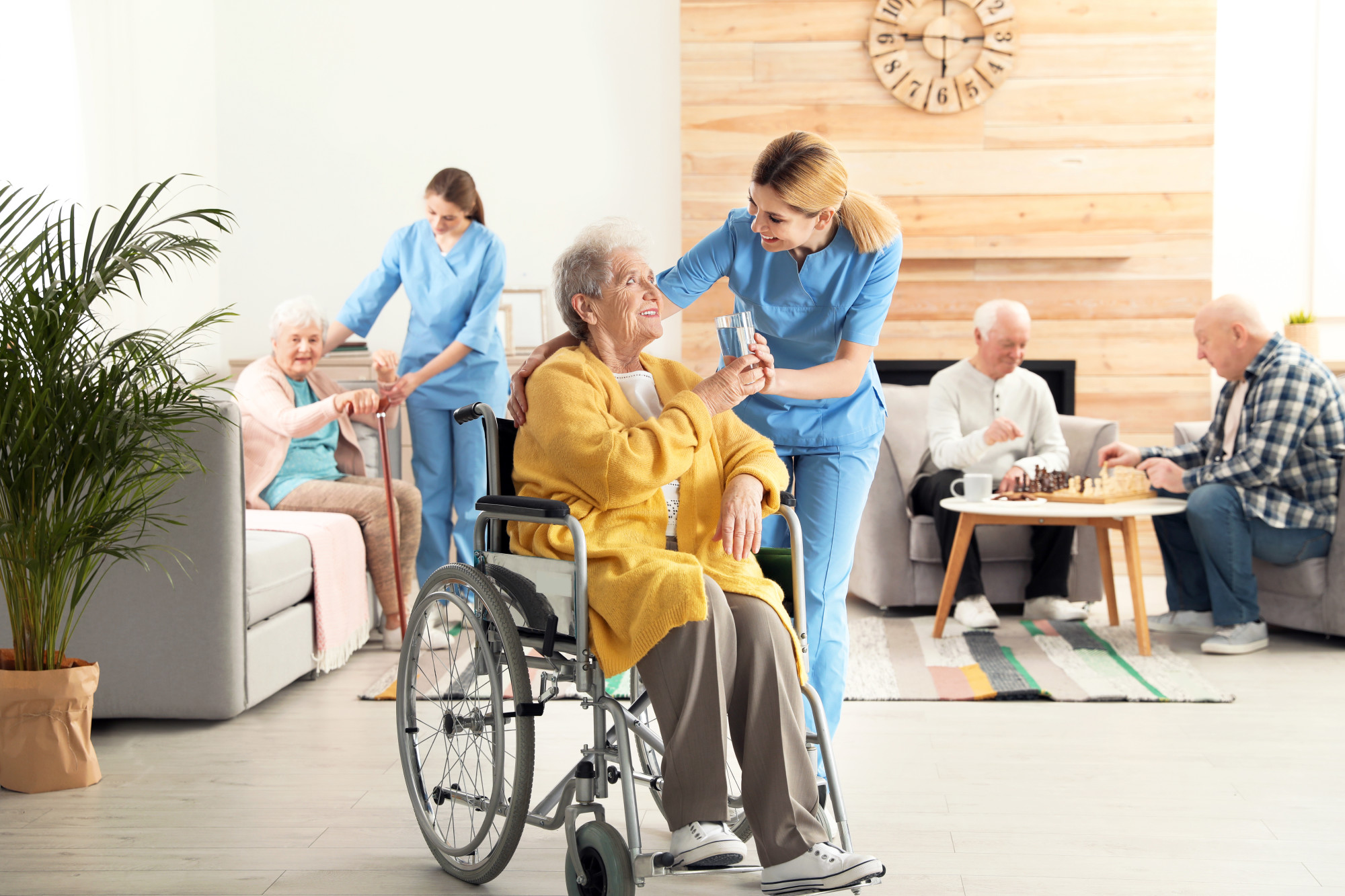Growing old gracefully is a fine concept. But the fact of the matter is that growing old sometimes comes with matters that require more than a helping hand.
If you’re wondering what these matters are, then look no further than our guide. In it, we’ll break down the signs that your elderly parents need extra care.
From making the move to hiring home care to paying closer attention to their health, this article has it all. Let’s unravel the secrets of caring for your elderly parents once and for all.
Read on!
1. Declining Physical Health
One of the most noticeable signs that a senior may need extra care due to declining physical health is a sudden change in their mobility. If your elderly parents start relying on a walker or wheelchair, this is an indicator that they may need extra assistance around the house.
Furthermore, if they experience difficulty in completing tasks such as bathing, cooking, or cleaning, this may also be a sign that they need additional help. Additionally, if your aging parent is exhibiting sudden signs of falls or injuries, such as bruises, it may be a sign that they are struggling more to complete tasks on their own and need more help than they can provide.
2. Cognitive Decline
When it comes to identifying signs of cognitive decline in elderly parents, there are several indicators to watch out for that could signal extra care is needed. During conversations, for instance, forgetfulness or confusion may start to become apparent.
Furthermore, there may be issues with concentrating that can be spotted for extended periods when trying to perform tasks. In some cases, the elderly parent may start to act inappropriately, whether thats through challenging uncharacteristically, inappropriate language, or unusual mood swings.
3. Neglecting Personal Hygiene
If your parents are failing to shower regularly, losing track of what day it is, or forgetting to groom themselves, it may be a sign that they need help. Other signs of neglecting personal hygiene, such as wearing the same clothes over and over or erratic grooming habits, may also suggest that they need additional assistance.
Strong body odor, sticky hair, and refusal to leave the house due to physical appearance are all indications that something is amiss. Poor hygiene can be related to mental or physical health issues, depression, or cognitive decline, and should be addressed immediately.
4. Poor Medication Management
Medication management is critical for elderly parents and can be a sign that they may need extra care. Signs of poor medication management include skipping doses or having trouble keeping track of what medications they need to take and when. Other tell-tale signs include frequently running out of medications before its time to refill, taking medications more frequently than prescribed, and signs of confusion when discussing medications.
If an elderly parent is exhibiting these signs, it may be time to look into adult family homes linked here. These home care professionals can help with medication management, as well as providing companionship, assistance with activities, and home management services. All of which can help improve the quality of life for elderly parents and can provide comfort and reassurance for their families.
5. Social Withdrawal
Your parents may stop accepting invitations or decline social offers. They may be apprehensive or not feel up to leaving their home. If parents who once loved going out with friends or family suddenly stop participating in these activities, it could be a sign that they need extra care.
If you notice your elderly parent or loved one is shying away from social activities, look to see how you can better help them. It could be as simple as giving them more rides or assistance in participating in activities.
6. Unkept Home and Poor Housekeeping
Unkept homes and poor housekeeping are often signs that they’re not managing their day-to-day activities as well as they used to. Signs to look out for include an accumulation of clutter and dishes, dirty sink drains, and strong food odors. In the worst cases, there could be pests or rodents present in the home.
If elderly parents seem to be overwhelmed with everyday tasks, assistance may be necessary. Prioritizing their safety with a little extra help could be the best way to ensure their continued well-being. This may mean engaging in-home care services or hiring a friend or family member if they’re able to assist.
7. Unpaid Bills and Financial Mismanagement
Noticing unpaid bills and financial mismanagement could indicate they are having trouble understanding or managing their finances. It could also mean that something else may be going on in their inability to manage their mailbox.
Your parents may have also lost interest in managing their finances. If you suspect mismanagement of finances, speak to your parents and seek professional guidance in managing their finances. Alert their bank and healthcare providers that they may be susceptible to scams and fraud.
Contact local resources and help assist if you can not manage it yourself. Elder care services, such as accounting and bill pay services, may be needed to ensure their finances are taken care of properly.
8. Increased Accidents or Near Misses
If you notice your elderly parents are having falls, bruising, or scratches more often than usual, it may be an indication that they need more assistance. Other signs include:
- slipping on wet floors
- misjudging door frames
- tripping over loose rugs
If your parents are having difficulty keeping up with daily activities without meeting an accident, it may be time to seek assistance in providing them with the extra care they need.
Your Elderly Parents Need Extra Care
Elderly parents often require additional care as they age. Paying attention to the signs that can help you determine when your elderly parents need extra care is important to keep them safe and comfortable.
No matter what the situation may be, its important to get them the help they need to prevent medical issues and to ensure they live a comfortable and fulfilling life. If you need help understanding the signs and resources for elderly care, contact your local care provider today.
For more articles aside from elderly care, visit our blog.





Be First to Comment